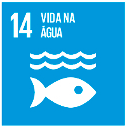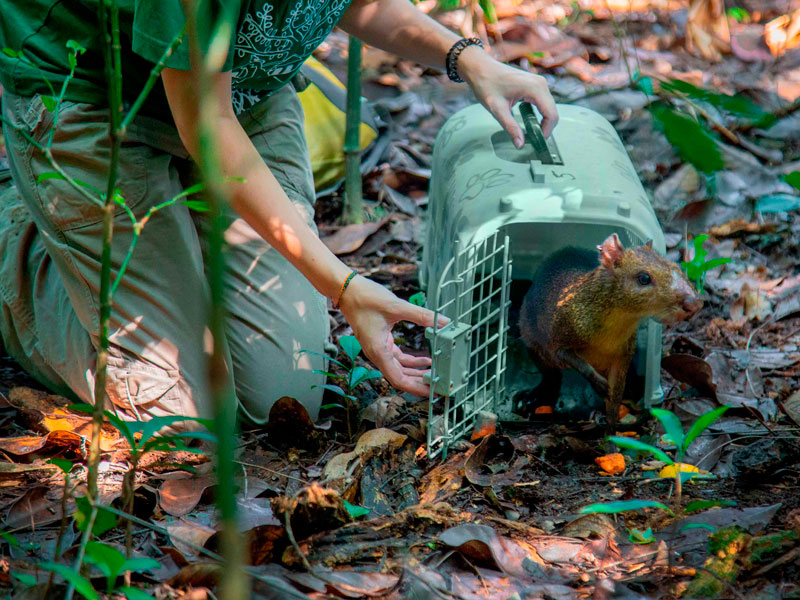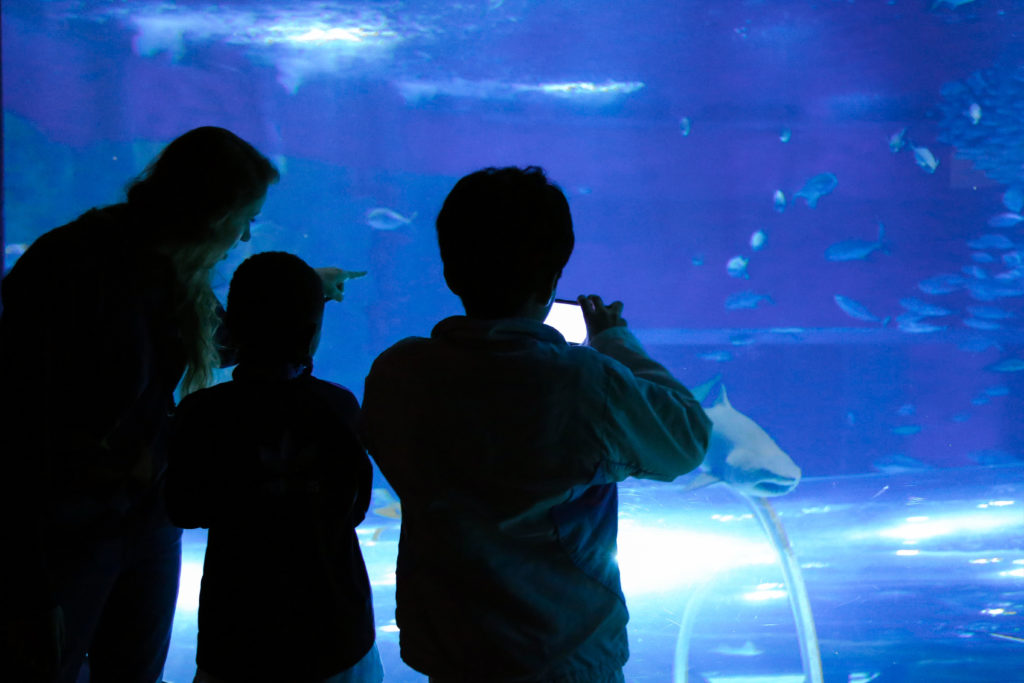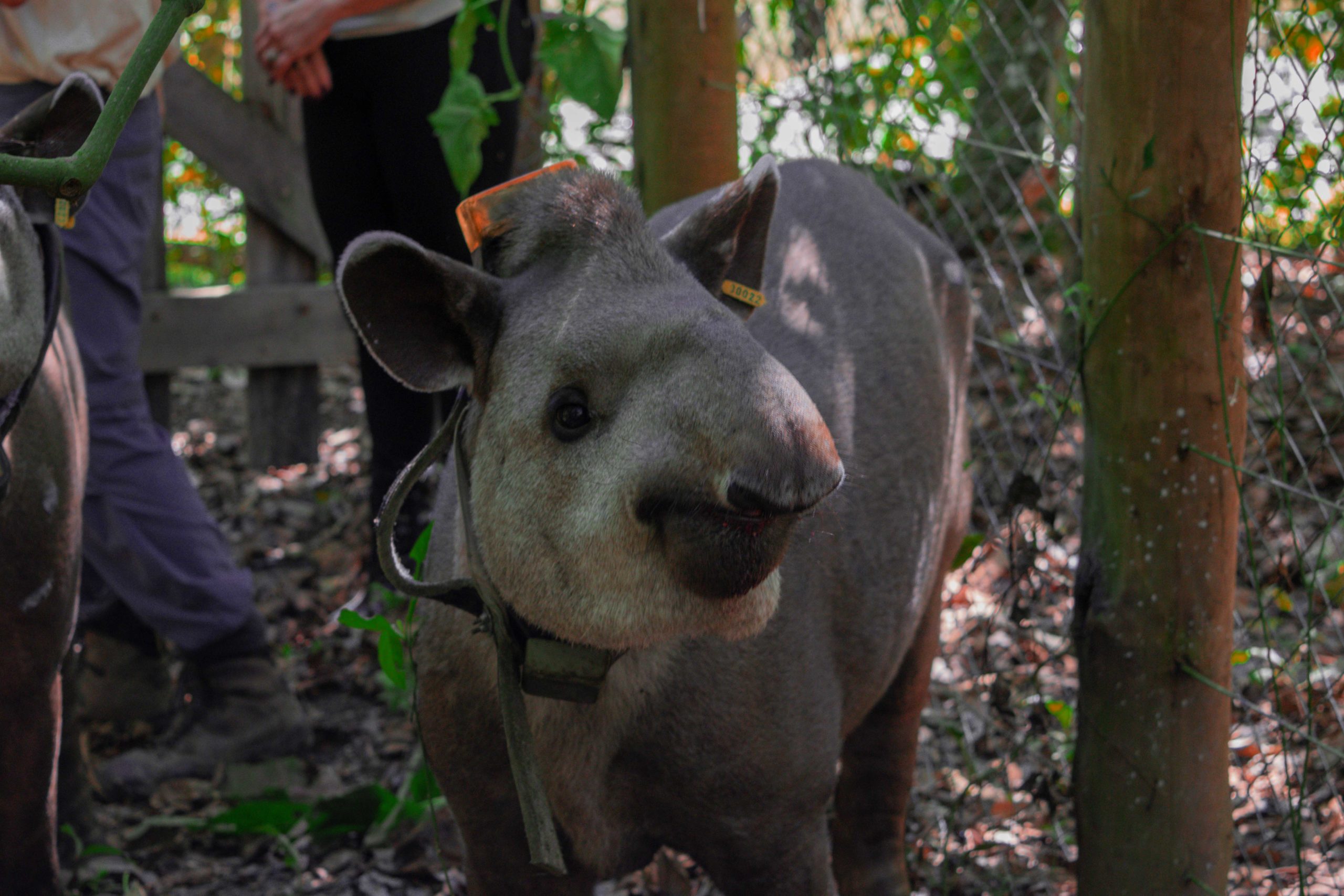CONSERVATION EDUCATION IN AQUARIUMS AND ZOOS
The culture of conservation as an indispensable habit for this and future generations
In the face of various environmental problems caused and exacerbated by human actions such as deforestation, illegal hunting, wildlife trafficking, the introduction of exotic species, and the rampant use of natural resources, serious consequences such as accelerated global warming, habitat reduction, and species extinction pose challenges to halt and reverse the results of such actions.
It is necessary for us to make a collective and intense effort so that everyone understands the impact of their choices on the balance of nature and the health of our own species. Conservation is a social agreement to ensure the conditions that make life possible in a territory.
Although there is frequent debate about the importance of sustainable development and biodiversity conservation, there is still much to be done to establish a culture on the subject to the extent that it is incorporated into the daily lives of society. Education is the main ally in spreading this culture because knowledge is a powerful act to establish concern for sustainability, generating changes in habits that protect ecosystems and redefining the human relationship with nature.
Aquariums and zoos are institutions of extreme importance in this process because, in addition to contributing to the perpetuation of various species, supporting and promoting research for conservation, they act as valuable spaces for Education for Conservation, connecting their visitors with nature, confronting them with the problems and solutions for the restoration of biodiversity.
At AquaRio and RioZoo, education is one of our main missions. We work intensively to develop strategies to sensitize our visitors to the conservation of threatened ecosystems and the valorization of Brazil’s natural heritage. We take advantage of the privilege of having animals present, which are true ambassadors of biodiversity, and we act through an Educational Program in which we carry out different activities and actions aimed at providing unforgettable and transformative experiences, provoking critical thinking and engagement in conservation, leading people to adopt sustainable practices and respect for life. So that the culture of biodiversity conservation is not just a duty but an indispensable habit for this and future generations.
 |
 |
 |
 |




